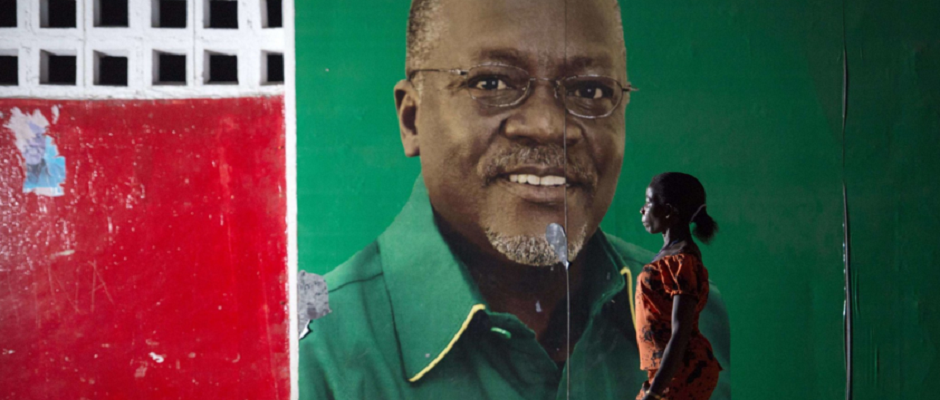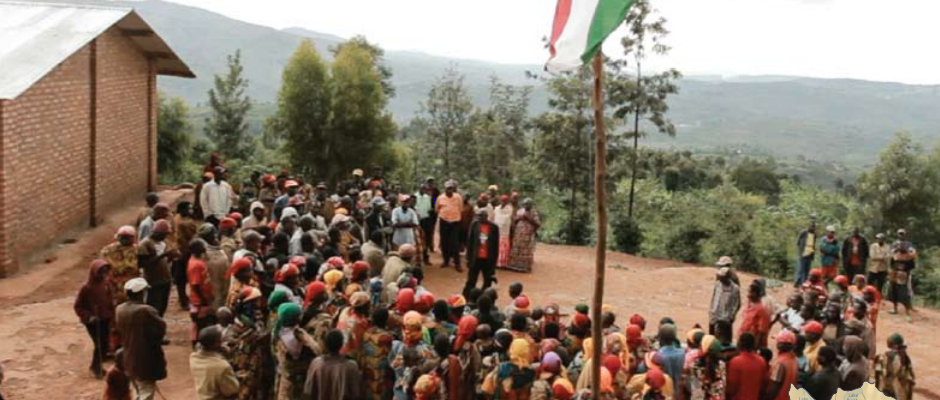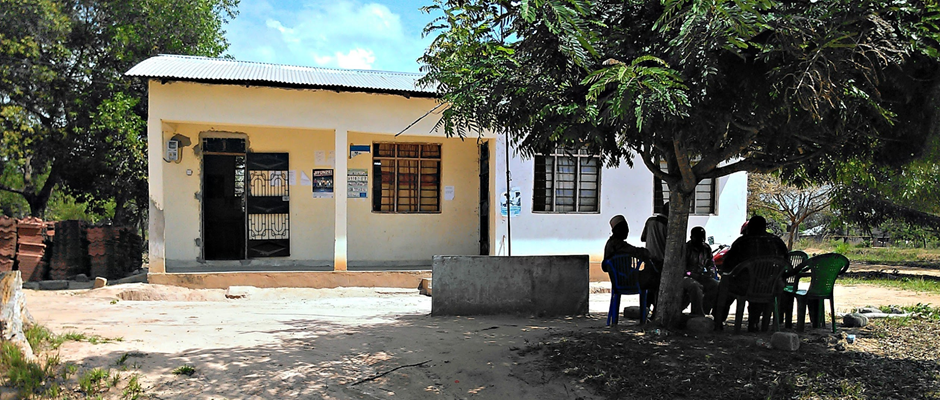
The impacts of climate change pose a significant threat to local livelihoods and economic activities across Tanzania including Zanzibar.
So as to address the challenge, Tanzania is joining with partners from civil society and government institutions to officially launch the ‘Decentralised Climate Finance programme’ to get climate adaptation money to local communities, making sure they play a part in deciding how that money is spent.
The 5-year programme will facilitate investments in improving responses to climate change across 15 test districts in mainland Tanzania and 3 districts in Zanzibar.
“If successful by 2021, we will have helped Tanzanian communities to cope with the effect of climate change and learnt more about how this kind of approach be rolled our across Tanzania.” said Dr. Lucy Ssendi, Senior Climate Change Advisor – PO-RALG.
Ssendi said that the programme will generate lessons that can be applied across Tanzania more widely. It will accomplish this by linking financial capital from the Green Climate Fund (GCF) with local governments in communities where such investments are likely to have the greatest impact.
The programme is funded by UKAID with technical support by the International Institute of Environment and Development (IIED) and United Nations Capita Development Fund (UNCDF).
The President’s Office – Regional Administration and Local Government (PO-RALG) has a mandate to manage the Decentralised Climate Finance Programme in collaboration with Vice President’s Office, Ministry of Finance and Planning, Institute of Rural Development Planning, Local Government Training Institute (Hombolo), Tanzania Meteorological Agency, Hakikazi and Tanzania Natural Resources Forum.
“Using the ‘Devolution by Decentralisation’ framework, funds will be channeled effectively to local governments in a manner which contributes to good governance and accountability,” she said.
She said PO-RALG will use the continuous learning and evidence generated from the project experience to facilitate dialogue at local, national and international levels.
The Programme will facilitate this process through capacity building with the PO-RALG, creating pilot funding programs, and conducting monitoring and evaluation activities.
Read more on East African Business Week.



